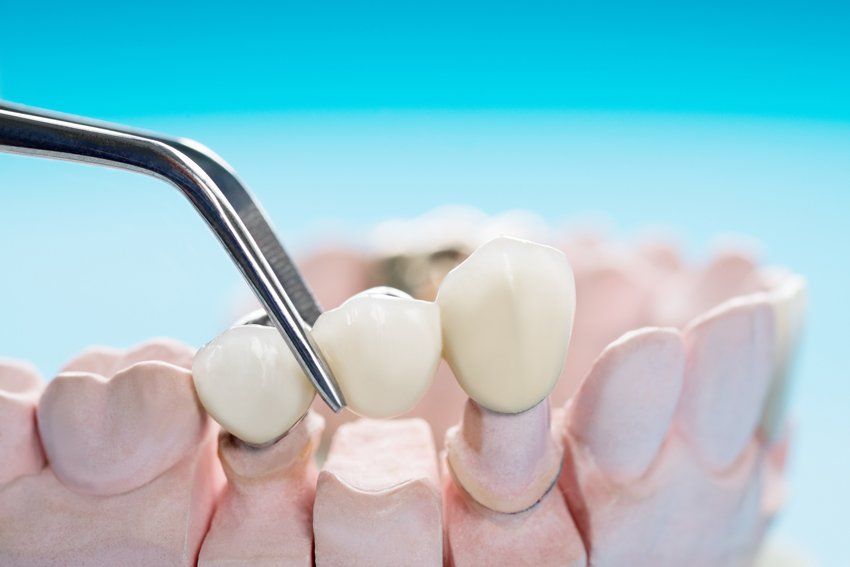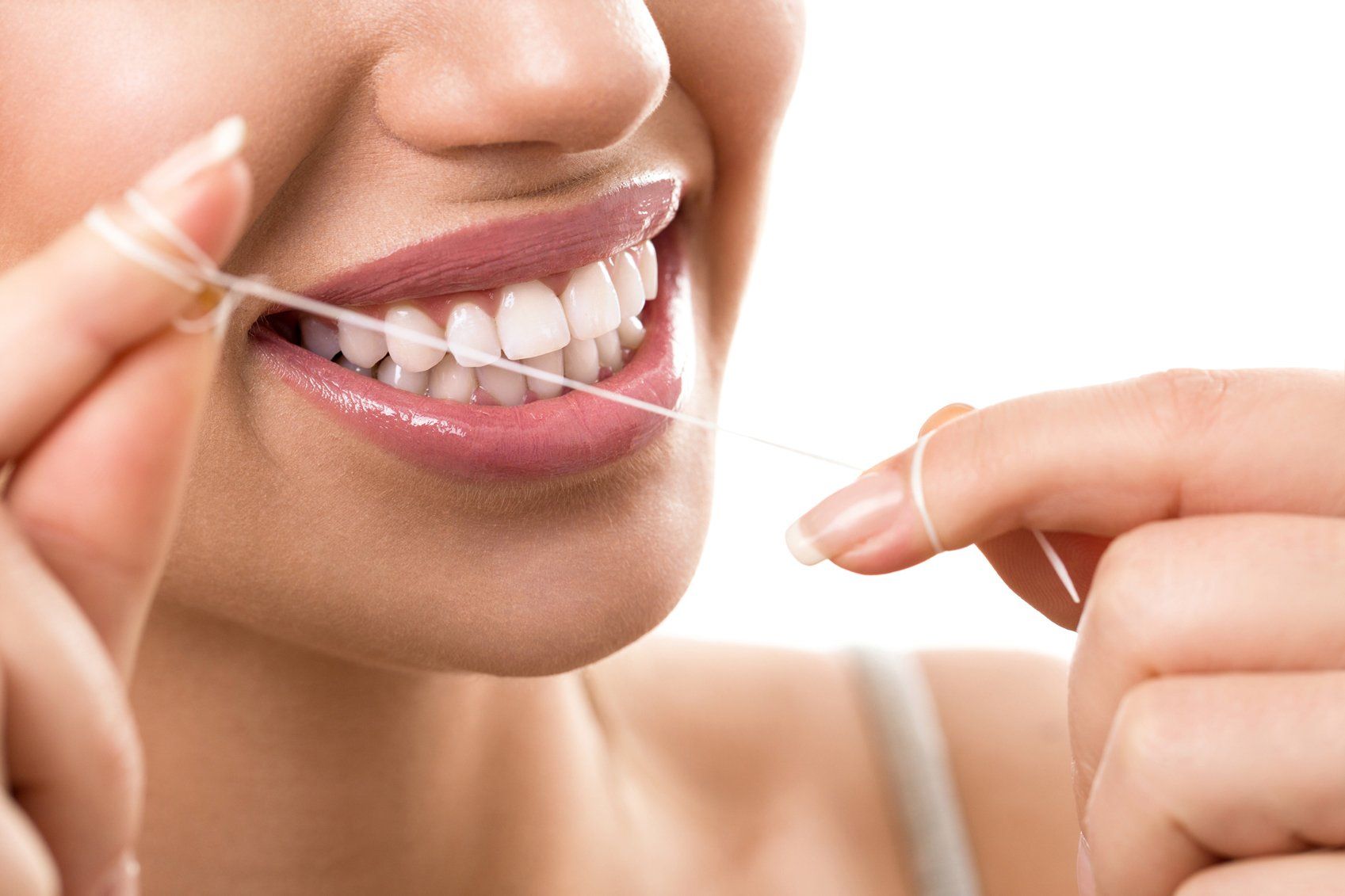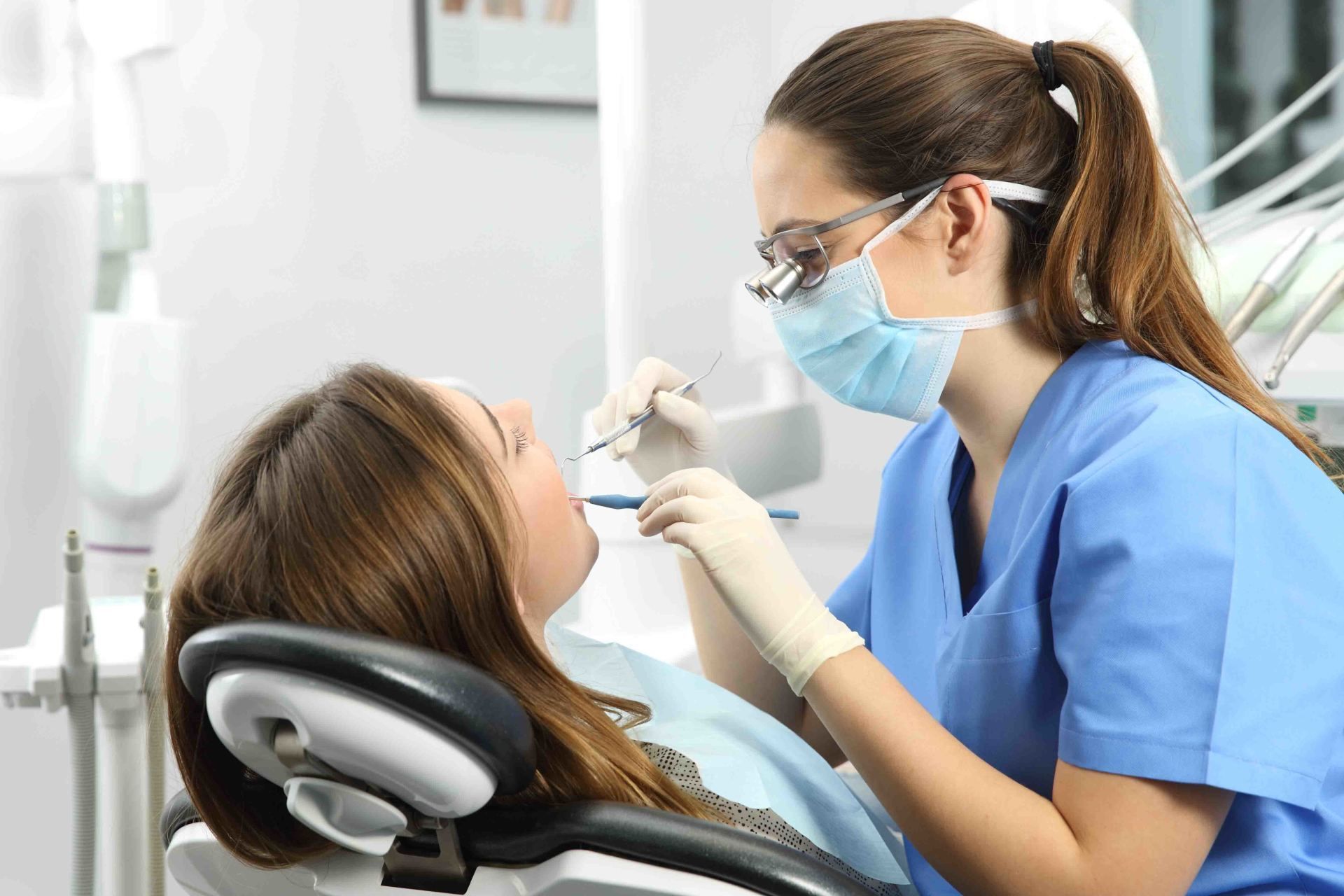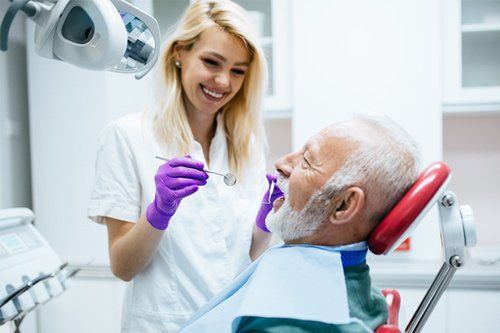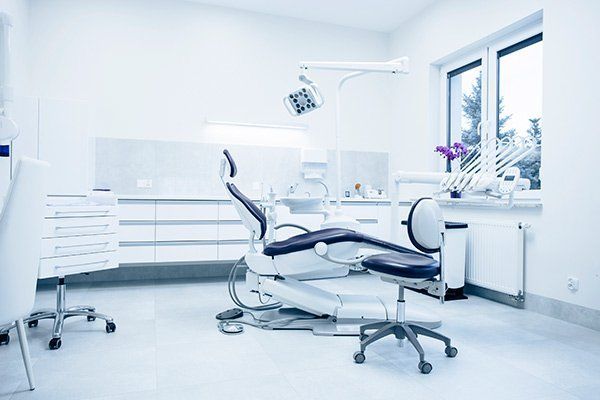What's Causing Your Bad Breath?
May 23, 2018

Chronic halitosis, better known as bad breath, is irritating and often embarrassing. Even though chewing gum or eating a mint can take care of the symptoms, understanding the root cause of your not-so-fresh breath problem is the first step to eliminating this often uncomfortable issue.
Bad breath is extremely common. Over half of all adults face chronic halitosis at some point in their lives. In some cases, the solution to this dental dilemma is as simple as stepping up your oral hygiene routine. But that doesn't mean a quick brush every now and then will keep your mouth fresh 100 percent of the time.
What do you need to know about chronic halitosis? Take a look at some of the most common culprits behind this condition and what you can do about them.
Poor Oral Hygiene
For most patients, halitosis comes from the mouth itself. Along with infections, poor oral hygiene is one of the main factors that results in bad breath.
To maintain minimum healthy mouth standards, everyone should brush at least twice a day for two minutes each time. Keep in mind, some dental patients have other issues that may require a higher degree of oral hygiene (such as denture care or healing from periodontal disease). If the necessary standard isn't met, it could result in bad breath.
Without adequate brushing (and flossing), plaque can form. This bacterial film can cause gum disease or cavities if left untreated. Fortunately, regular brushing, flossing, and preventative dental visits can minimize the risk of plaque formation.
Infection Issues
Again, bacterial buildup (in the form of plaque) is a common cause of bad breath. But this isn't the only reason behind infection-related halitosis. Periodontal disease is an infection of the gums that can result in an unpleasant oral odor. Treating this condition is absolutely necessary — and not only to treat bad breath.
Untreated gum disease can cause pain, other dental issues (such as tooth loss), or systemic health conditions that affect other areas of the body, such as the heart.
Along with infections of the mouth, bad breath can come from nasal, sinus, or other upper respiratory infections. Tonsillitis and even strep throat can also result in bad breath. Brush as you might, overdoing it with oral care won't help these causes. You need to clear the infection before the smell will go away. Keep in mind, while you're caring for the infection, you still need to maintain proper brushing and flossing routines.
Stomach Situations
Some halitosis causes come from deep below the mouth. Gastrointestinal issues can result in bad breath too. Infection with Helicobacter pylori is a possible cause of halitosis. Infection with this gastric bacterium is common in many areas of the world and may go completely unnoticed.
If you've traveled out of the country, have been close to someone who has recently traveled out of the country, or have other symptoms (such as abdominal pain, bloating, nausea, frequent burping, or abdominal burning), visit a doctor for testing and treatment.
Other gastric issues that can result in bad breath include stomach ulcers and gastroesophageal reflux disease (GERD). Like with a potential bacterial infection, a doctor's diagnosis is needed for a complete treatment. It's likely that halitosis symptoms will subside after treatment of the stomach issue.
Dry Mouth
Normal saliva production serves a major purpose in your mouth. It washes away leftover debris (such as food particles) and can help keep an overgrowth of bacteria at bay. Without enough saliva, you might start smelling a foul odor. This comes from the food/debris that's stuck in-between teeth or on the gum line, as well as from the flourishing bacteria.
Your dentist can provide a treatment for dry mouth. This may include using a special toothpaste or mouthwash. In some cases, the cause is medical or comes from use of a specific medication. If you have this type of dry mouth, your doctor may be able to help.
Do you need a professional evaluation of your halitosis issue? Contact P.A. Daniel Jr., D.D.S.
, for more information.
